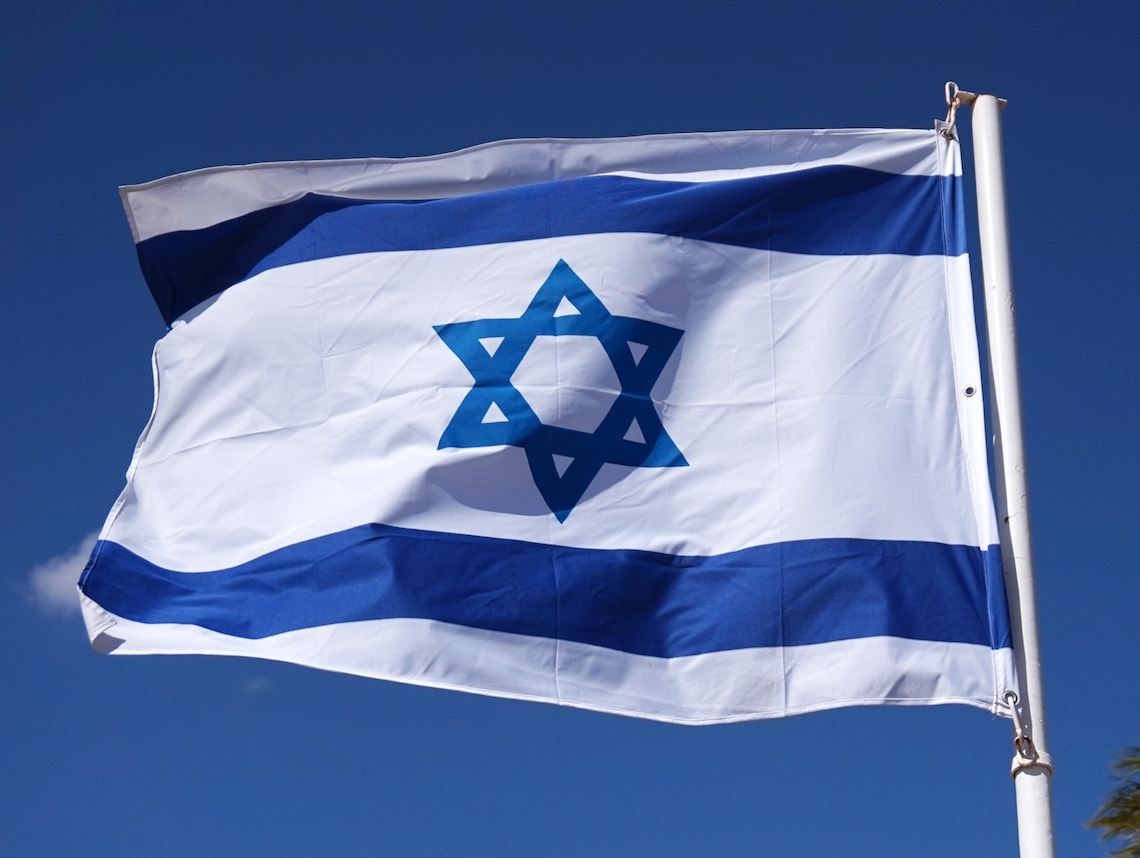
When I was a child, I was told
that when Aunt Bella left Germany in the late 1930s,
she went to Palestine.
Which didn’t mean that she went to a country called “Palestine,”
because no such country existed.
As I grew older, I learned the details of this history:
that when the Ottomans controlled the territory,
where Jews had, in fact, long lived,
the label “Palestine” applied, unofficially,
to the land south of Syria,
but by no means to any one people or nation-state;
that when the Ottomans lost control, after World War One,
the word “Palestine” was used to describe
the territory placed under British Mandate,
which included not only what is now Israel,
but also what is now Jordan;
that until Israeli independence in 1948,
it was not uncommon for Jews (not Arabs)
who lived in the territory —
like Aunt Bella and her husband and baby daughter —
to be called “Palestinians”;
that time (1947) after time (2000) after time (2008),
for just a few clear examples,
those the world now calls “Palestinians”
rejected every opportunity for a state of their own
to thrive beside the Jewish one;
that, in sum, and to say the very least,
this history is complicated
and requires more than 210 words to explain.
Erika Dreifus is the author of “Quiet Americans: Stories,” which was named an American Library Association/Sophie Brody Medal Honor Title for outstanding achievement in Jewish literature. Visit her online at erikadreifus.com and follow her on Twitter @ErikaDreifus, where she tweets “on matters bookish and/or Jewish.”






















 More news and opinions than at a Shabbat dinner, right in your inbox.
More news and opinions than at a Shabbat dinner, right in your inbox.